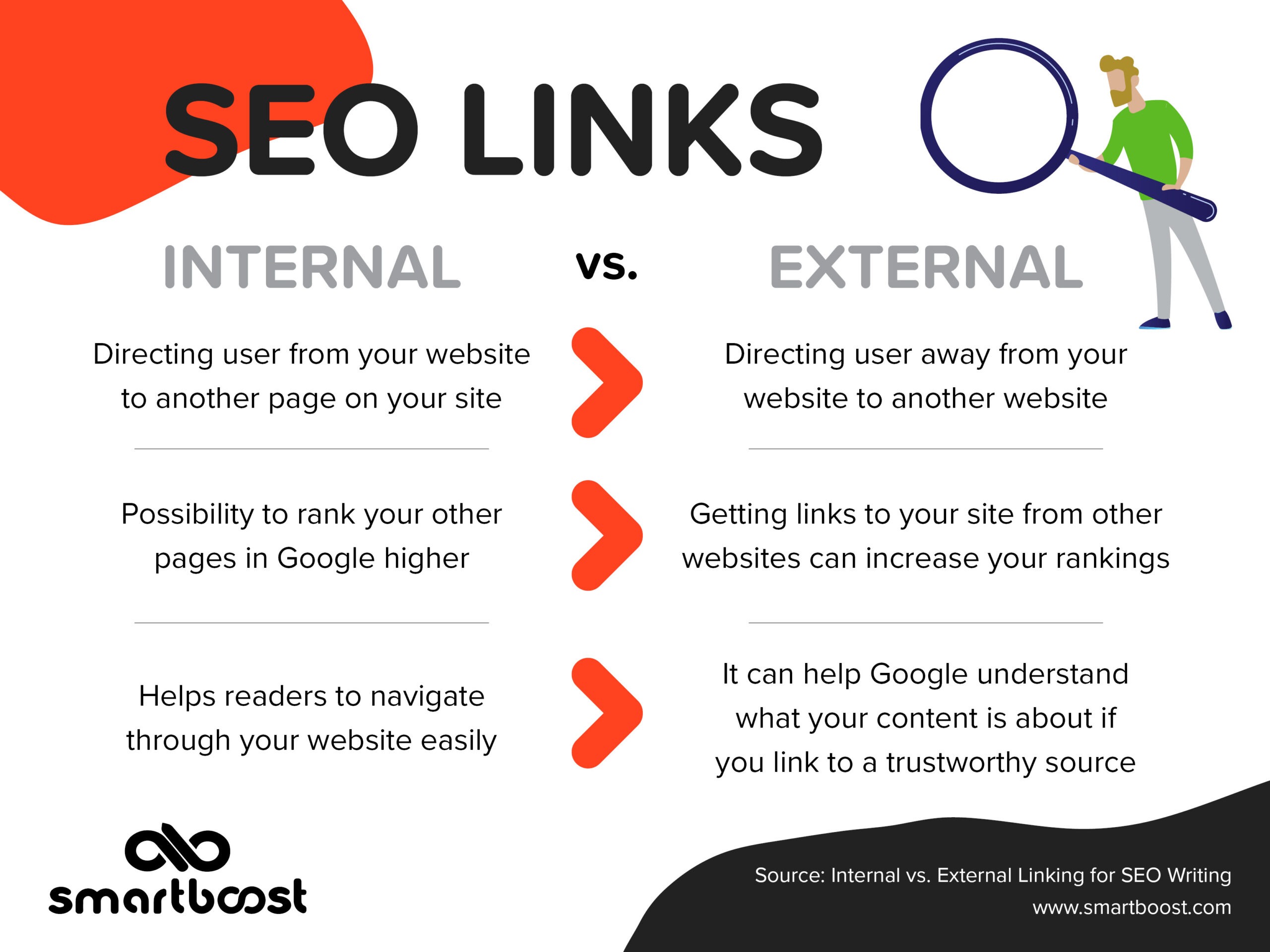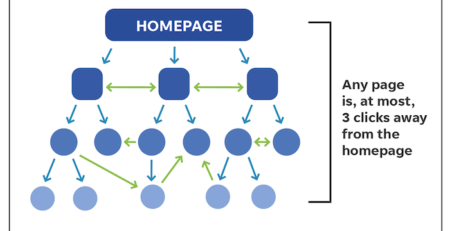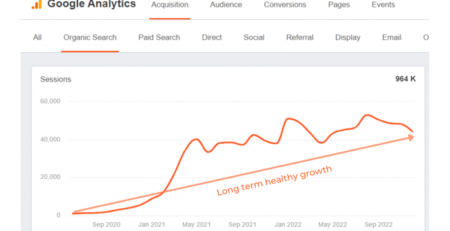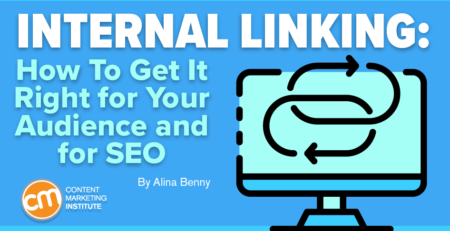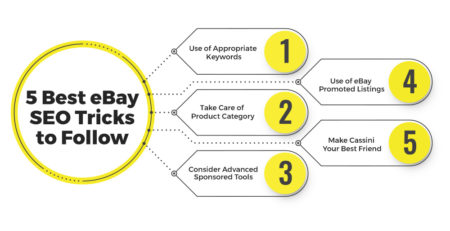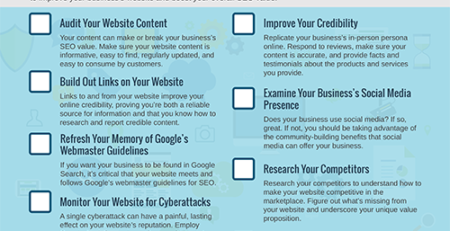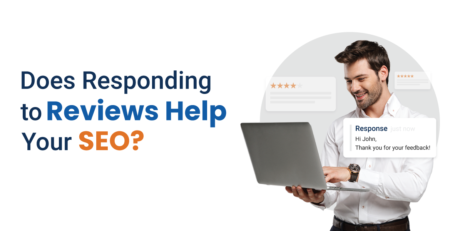Is External Linking Good For Seo?
Are you wondering whether external linking is good for SEO? Well, let’s dive into this topic and unravel its mysteries! External linking refers to when you link to other websites from your own. But is it beneficial for search engine optimization? Stick around to find out!
You might be curious about how external linking affects your website’s SEO. Fear not, for we’re about to explore the ins and outs of this practice. So, grab your SEO cap and let’s get started!
If you’re looking to boost your website’s search engine rankings and drive more traffic, external linking can be a valuable tool in your SEO arsenal. But is it truly worth the effort? Let’s embark on a journey to uncover the truth about external linking and its impact on SEO. Get ready for some enlightening insights!
Is External Linking Good for SEO?
External linking refers to the practice of including links on your website that direct users to other websites. These links are often seen as a way to provide additional resources and information to your visitors. However, when it comes to search engine optimization (SEO), the question arises – is external linking good for SEO? In this article, we will delve into the impact of external linking on SEO and explore its benefits, tips, and best practices.
1. The Role of External Links in SEO
External links play a crucial role in SEO as search engines like Google consider them as indicators of credibility and relevance. When a website has many high-quality external links pointing to it, search engines perceive it as a trustworthy and authoritative source. This can positively impact the website’s search engine rankings. By linking to reputable sources, you are essentially vouching for their credibility and adding value to your content.
However, it is essential to be selective in choosing the external websites you link to. Ensure they are relevant to your content and provide valuable information to your audience. Linking to low-quality or spammy websites can harm your SEO efforts and potentially lead to penalties from search engines.
2. Benefits of External Linking for SEO
External linking offers several benefits for SEO when done correctly.
Firstly, external links can increase your website’s visibility and exposure. When you link to authoritative websites, there is a possibility that they will notice your website and consider linking back to you. This can drive referral traffic and potentially improve your search engine rankings.
Secondly, external links can enhance the user experience. By directing users to additional resources or related content, you are providing them with more comprehensive and valuable information. This can result in longer time spent on your website, lower bounce rates, and increased user engagement – all of which are positive signals for SEO.
Lastly, external links can help search engines understand the relevance and context of your content. When you link to authoritative sources that elaborate on your topic, search engines can better comprehend the subject matter and assign appropriate rankings. This is particularly important for informational or educational content where external references can add depth and credibility.
3. Best Practices and Tips for External Linking
To make the most of external linking for SEO, consider the following best practices and tips:
1. Choose reputable and authoritative websites to link to. Look for established sources that are relevant to your content and have a strong online presence.
2. Balance internal and external links. While external links can be beneficial, it’s also important to include internal links that direct users to other pages within your website.
3. Use descriptive anchor texts. Instead of using generic terms like “click here,” use anchor texts that accurately describe the linked content. This can provide search engines with more context and improve the user experience.
4. Regularly review and update your external links. Ensure that the websites you are linking to are still active and relevant. Broken or outdated links can harm your SEO efforts.
5. Build relationships with other website owners and influencers in your industry. By forming connections, you may have opportunities to gain high-quality external links to your website.
Additional Considerations for External Linking and SEO
1. External Linking vs. Internal Linking
While external linking can benefit SEO, it’s important to strike a balance with internal linking. Internal links are links that direct users to other pages within your website. They help search engines understand the structure and hierarchy of your website and can improve navigability for users. By combining external and internal linking, you create a web of interconnected content that enhances the user experience and boosts SEO.
2. Managing Nofollow Links
Nofollow links are links that contain a special HTML attribute instructing search engines not to pass any SEO value to the linked page. While they do not directly impact SEO, nofollow links can still be valuable for driving referral traffic and establishing relationships with other websites. Utilize a mix of nofollow and follow links to maintain a natural link profile.
3. Monitoring and Analyzing External Links
Regularly monitor your external links to ensure they remain relevant and of high quality. Additionally, use tools such as Google Analytics to analyze the impact of external links on your website’s performance. This data can help you refine your linking strategy and make informed decisions for SEO optimization.
In conclusion, external linking can be beneficial for SEO if done strategically and with careful consideration. By linking to reputable sources, you can boost your website’s credibility, enhance the user experience, and provide valuable information to your audience. Remember to follow best practices, regularly review your external links, and strike a balance between external and internal linking for optimal SEO results.
Key Takeaways: Is External Linking Good for SEO?
- External linking can improve your website’s credibility and authority.
- It helps search engines understand the relevancy and value of your content.
- Linking to high-quality external sources can enhance user experience.
- However, excessive external linking or linking to low-quality sites can harm your SEO.
- Balance is key – focus on linking to relevant and reputable sources.
Frequently Asked Questions
When it comes to improving SEO, external linking plays a significant role. Here are some frequently asked questions about the impact of external linking on SEO.
1. How does external linking affect SEO?
External linking or linking to other websites helps search engines understand your content better and evaluate its credibility. When you link to reputable and authoritative external sources, it signals to search engines that your content is trustworthy and valuable. This can positively impact your SEO by improving your website’s rankings in search results.
Additionally, external linking allows search engines to discover new content. When you link to relevant external sources, search engine bots can follow those links and explore new pages on the web. This helps in faster indexing and can improve your website’s visibility in search engine results pages (SERPs).
2. Are all external links beneficial for SEO?
While external linking is generally good for SEO, not all external links are equally beneficial. It’s important to link to reliable and authoritative websites that are relevant to your content. Search engines consider the quality and relevance of the external links when evaluating your website.
Avoid linking to spammy or low-quality websites that may have a negative impact on your SEO. It’s also essential to make sure that the external links are contextually relevant to your content. Linking to reputable sources that provide additional information or support your claims can enhance your website’s credibility and improve SEO.
3. Should I use dofollow or nofollow links for external linking?
For SEO purposes, it’s generally recommended to use dofollow links for external linking. Dofollow links pass on the authority and ranking value to the linked page, benefiting both the linked page and your website in terms of SEO.
However, there may be instances where you want to use nofollow links. Nofollow links tell search engines not to follow or pass on any SEO value to the linked page. This can be useful when linking to user-generated content, paid advertisements, or untrusted sources. By using nofollow links in such cases, you ensure that your website’s SEO is not negatively affected by potentially low-quality or spammy external sources.
4. How many external links should I include in my content?
The number of external links you use in your content depends on various factors, such as the length of your content, the context of the information, and the purpose of the links. There is no fixed rule for the exact number of external links. It’s important to maintain a balance and only include relevant links that add value to your content.
Avoid excessive external linking, as it may make your content look promotional or spammy. Focus on linking to authoritative sources that enhance the credibility and usefulness of your content. Remember, the primary goal is to provide valuable information to your audience, and the external links should support that objective.
5. Are internal links as important as external links for SEO?
Yes, internal links are just as important as external links for SEO. Internal linking refers to linking between pages within your own website. Internal links help search engines navigate through your website, understand the structure and hierarchy of the content, and determine the importance and relevance of each page.
Strategic internal linking can improve user experience, increase time spent on your website, and enhance the overall SEO performance. It helps distribute link equity and PageRank throughout your website, improving the visibility and ranking of individual pages in search engine results. Therefore, a well-optimized internal linking strategy, combined with quality external links, can significantly benefit your SEO efforts.
Is External Linking Good For SEO? – Whiteboard Friday
Summary
External linking can be good for SEO because it helps search engines understand the context and relevance of your content. When you link to high-quality and authoritative websites, it can enhance your website’s credibility. However, it’s important to choose your external links wisely and avoid spammy or irrelevant websites.
Additionally, external links provide value to your readers by giving them more information and resources. They can also increase the visibility of your website by attracting more traffic and potential backlinks. However, it’s crucial to maintain a balance between external and internal linking and ensure that your website’s user experience is not compromised.
In conclusion, external linking can be beneficial for SEO if done strategically and thoughtfully. It can improve your website’s credibility, provide value to readers, and potentially increase your visibility. Just remember to choose reputable and relevant websites to link to and prioritize the user experience on your own website.

